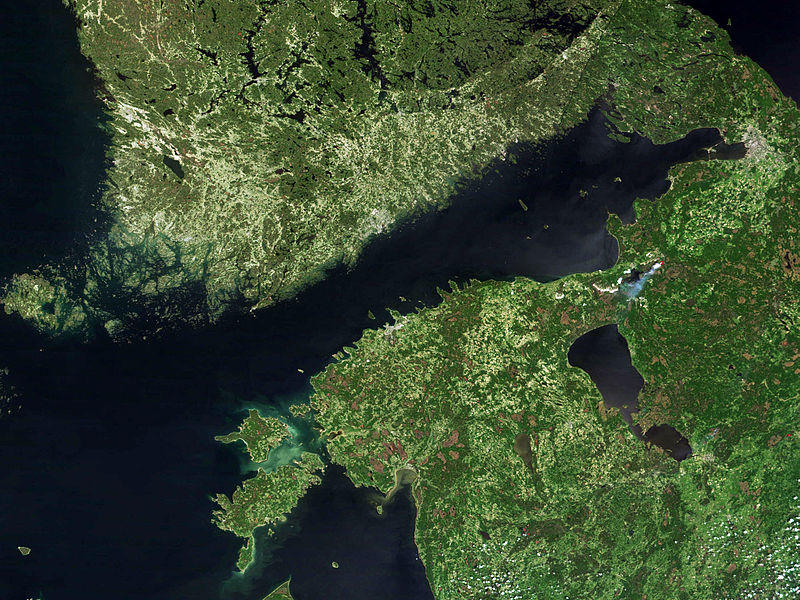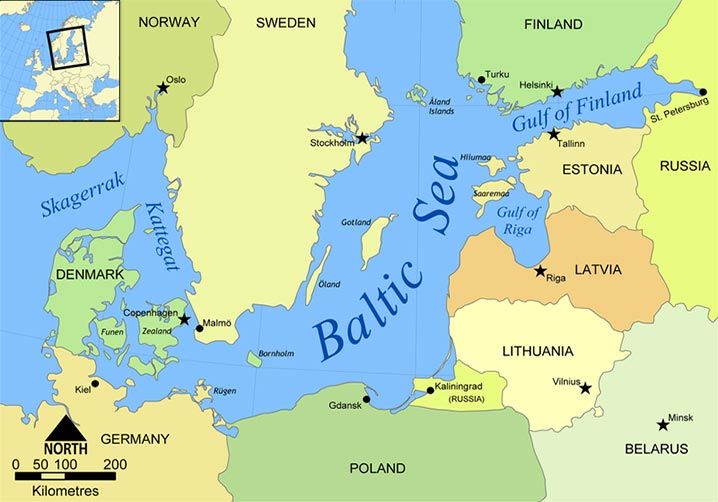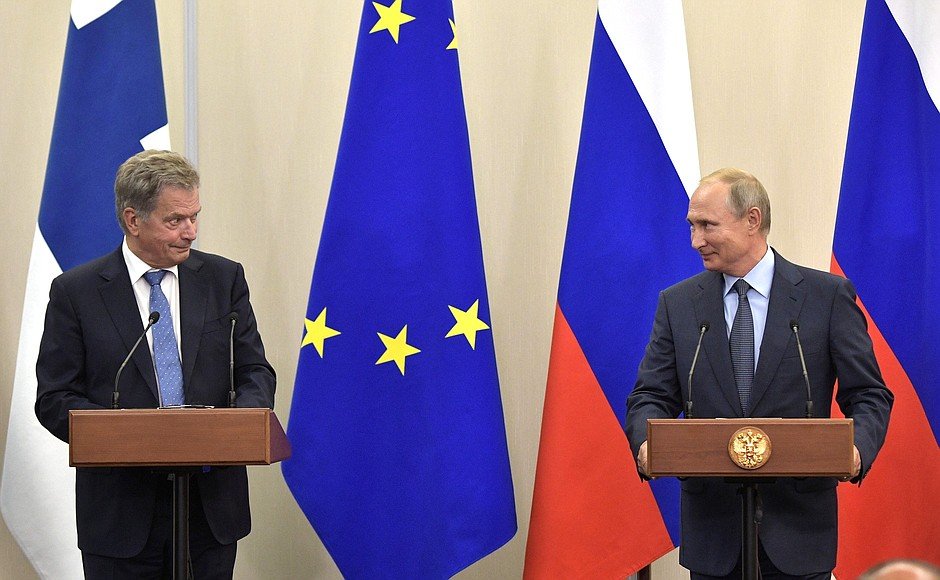Estonia should consider what it could learn from Finland on how to talk about and with Russia, Kristi Raik, the director of the Estonian Foreign Policy Institute at the International Centre for Defence and Security, writes.
This article was originally published in the International Centre for Defence and Security’s blog.
Estonian-Finnish relations are close and amicable, but there are things that Finns and Estonians find difficult to discuss. Relations with Russia are undoubtedly one of them: a sensitive subject for both states, it’s often hard to understand the other country’s actions. Estonia should, however, consider what we can learn from Finnish-Russian relations.
The fake naiveté
Estonians consider Finns honest and straightforward. It is generally an apt characterisation, yet nothing in the world is as multi-layered and complex as Finland’s relationship with Russia. As Estonians are not familiar with the details of the relations, we tend to think Finns are naive about Russia.
This may be so with some ordinary citizens, but the people responsible for Finland’s foreign policy know their eastern neighbour. Estonians find it difficult to understand that the naive-sounding talk is part of the Finnish tradition of coping with Russia. The fake naiveté helps maintain friendly relations with Russia – which Finland always strives to do, however desperate the situation.
A foreign observer might not always know where the border between feigned and sincere goodwill lies. That is Finland’s intention. Is the company called Airiston Helmi that bought plots of land in the Turku archipelago really only suspected of economic criminal offences? Are the Nord Stream pipeline and the nuclear power plant constructed in Finland by Rosatom really only financial projects? Are Russia’s military exercises and the relocation of military units really only about defence activity? The Finns often avoid giving direct answers to these kinds of questions.
Estonia could learn from Finnish traditions of communication with Russia
In any case, the Finns’ defence willingness is very high and they strongly invest in defence capability. They also take so-called hybrid threats seriously. Finland and Estonia’s threat assessments about Russia are similar. On both sides of the Gulf of Finland, states are well aware that Russia is trying to achieve maximum influence in its neighbourhood and uses a wide selection of tools for it.
From the point of view of the Kremlin, big power politics is a zero-sum game, which is why it inevitably sees the neighbouring states’ defence cooperation with the US as negative. Despite this, Finland has strengthened its defence cooperation with Western partners, including the US, without much fuss but to a significant degree, at the same time also underlining the continuity of its foreign policy. So much about being straightforward.
In this respect, Estonia has nothing to learn from Finland: being a NATO member is a clear defence policy solution that Russia understands, although it doesn’t like it.
However, Estonia could learn a thing or two from Finnish traditions of communication with Russia. Finland tries to maintain a dialogue with its eastern neighbour in all circumstances. It is a complicated and dangerous game. Russia is striving to exploit its bilateral relations with EU member states to fragment European unity and disseminate its interpretations. One shouldn’t give Russia too many opportunities for doing this. Estonia views the Finnish-Russian dialogue with well-substantiated scepticism.
Estonia has no reason to strive for similarly close contacts with Russia; it has neither the prerequisites nor the need for it. Nevertheless, Estonia would benefit from closer dialogue with our eastern neighbour. We have to know Russia and need contacts for that.
A matter of diplomatic skills and judgement
Finland has a clear understanding of its key interests and positions concerning Russia, and it won’t back away from these. Where and how these views are expressed by foreign policy actors is a matter of diplomatic skills and judgement – it doesn’t always pay to repeat oneself or speak as sharp as possible. Here, I mean official foreign policy rhetoric, not the wider public debate. Critical public discussion on Russia is necessary and belongs to democracy.
The Finnish-style pretence carries the danger that the line between naiveté and faking becomes blurry for the Finns themselves and they begin to believe the talk about friendly neighbourly relations word for word. The shadow of self-censoring from the era of Finlandisation is still present in today’s Finland, although the Finnish debate on Russia has become much more open in the past years.
Estonia, on the other hand, has no shortage of critical public debate on Russia, but both Estonia and Finland need more knowledge-based and dispassionate analyses.
The dialogue with Russia is a subject that creates debates and tensions more broadly in the European Union. The states that call for more dialogue are often the ones that would like to make concessions to Russia, eg, by lifting sanctions, and tend to believe the Kremlin’s lies. Yet, dialogue should be based on a clear understanding that dialogue in itself is not a compromise and engaging in it does not mean we should make concessions, especially in questions that are vital for us.
At the same time, dialogue does not work miracles. It does not annihilate the root causes of the tensions between the West and Russia or change Russia’s strategy of weakening the West and expanding its sphere of influence. And it is Russia that benefits from tensions among EU member states, as it aims to undermine the unity of Europe.
I
The opinions in this article are those of the author. Cover: Gulf of Finland satellite image – both Estonia and Finland have a border with Russia (image by Jacques Descloitres, MODIS Land Rapid Response Team, NASA/GSFC; Wikimedia Commons).



